A good night’s sleep is essential for overall health, yet many people struggle with falling and staying asleep. Poor sleep affects productivity, mood, and even long-term health. The good news? Science has uncovered numerous strategies to optimize sleep and wake up feeling refreshed. Here are some of the latest, most effective sleep optimization hacks.
1. Stick to a Consistent Sleep Schedule
Your body has an internal clock, known as the circadian rhythm, which regulates sleep and wakefulness. Going to bed and waking up at the same time every day—even on weekends—helps reinforce this cycle. Inconsistent sleep patterns can lead to grogginess and difficulty falling asleep.
Hack: Set a fixed bedtime and wake-up time, even on days off. Use alarms not just for waking up but also as reminders to go to bed.
2. Optimize Your Sleep Environment
Your bedroom plays a crucial role in sleep quality. Factors like temperature, noise, and light can either improve or disrupt rest.
Hack:
- Keep your room cool (between 60-67°F or 16-19°C) for optimal sleep.
- Use blackout curtains or a sleep mask to block out light.
- Invest in a high-quality mattress and pillows that support your sleeping posture.
- Use white noise machines or earplugs to block out disturbing sounds.
3. Reduce Blue Light Exposure Before Bed
Blue light from screens (phones, tablets, TVs) suppresses melatonin, the sleep hormone, tricking your brain into thinking it’s still daytime.
Hack:
- Avoid screens at least an hour before bed.
- Use “Night Mode” on devices or wear blue-light-blocking glasses in the evening.
- Opt for warm, dim lighting in your bedroom instead of bright LEDs.
4. Get Morning Sunlight Exposure
Natural light exposure in the morning helps regulate your circadian rhythm by signaling to your body that it’s time to wake up. This makes it easier to fall asleep at night.
Hack:
- Spend at least 10–30 minutes outside in natural light soon after waking up.
- If you can’t go outside, consider using a light therapy lamp in the morning.
5. Avoid Caffeine and Alcohol Late in the Day
Caffeine is a stimulant that stays in your system for hours, while alcohol, though initially sedative, can disrupt deep sleep cycles.
Hack:
- Stop consuming caffeine at least 6–8 hours before bedtime.
- Avoid alcohol 2–3 hours before sleeping to prevent sleep fragmentation.
6. Incorporate Relaxation Techniques
Stress and anxiety can keep you awake. Implementing relaxation techniques before bed can signal your body to wind down.
Hack:
- Try box breathing (inhale for 4 seconds, hold for 4, exhale for 4, hold for 4, repeat).
- Practice progressive muscle relaxation by tensing and relaxing each muscle group from head to toe.
- Use guided meditation or sleep apps to promote relaxation.
7. Exercise, But at the Right Time
Regular physical activity improves sleep quality, but the timing matters. Exercising too close to bedtime can increase heart rate and adrenaline, making it harder to fall asleep.
Hack:
- Aim for at least 30 minutes of exercise daily but finish intense workouts at least 3 hours before bed.
- Light activities like yoga or stretching can be done in the evening to relax the body.
8. Manage Evening Food Intake
Eating heavy or spicy meals late at night can cause discomfort and indigestion, disrupting sleep.
Hack:
- Have your last large meal at least 3 hours before bed.
- If you need a snack, opt for sleep-promoting foods like bananas, almonds, or herbal tea.
9. Try Sleep-Supporting Supplements (If Needed)
Certain natural supplements can help regulate sleep cycles, but they should be used cautiously.
Hack:
- Magnesium can promote relaxation and muscle recovery.
- Melatonin supplements (0.5–3mg) may help with sleep onset, especially if you experience jet lag.
- Chamomile tea or valerian root can aid in relaxation before bed.
10. Train Your Brain for Better Sleep
Your mind associates behaviors with sleep. If you stay in bed tossing and turning, your brain links your bed with wakefulness.
Hack:
- If you can’t fall asleep within 20 minutes, get out of bed and do a relaxing activity in dim lighting until you feel drowsy.
- Use your bed only for sleep and intimacy—avoid work, scrolling, or watching TV in bed.
Final Thoughts
Improving sleep isn’t just about one trick—it’s about creating a lifestyle that prioritizes rest. By making small adjustments to your daily routine, environment, and habits, you can significantly enhance sleep quality and overall well-being. Try these science-backed sleep hacks and wake up feeling more refreshed than ever!


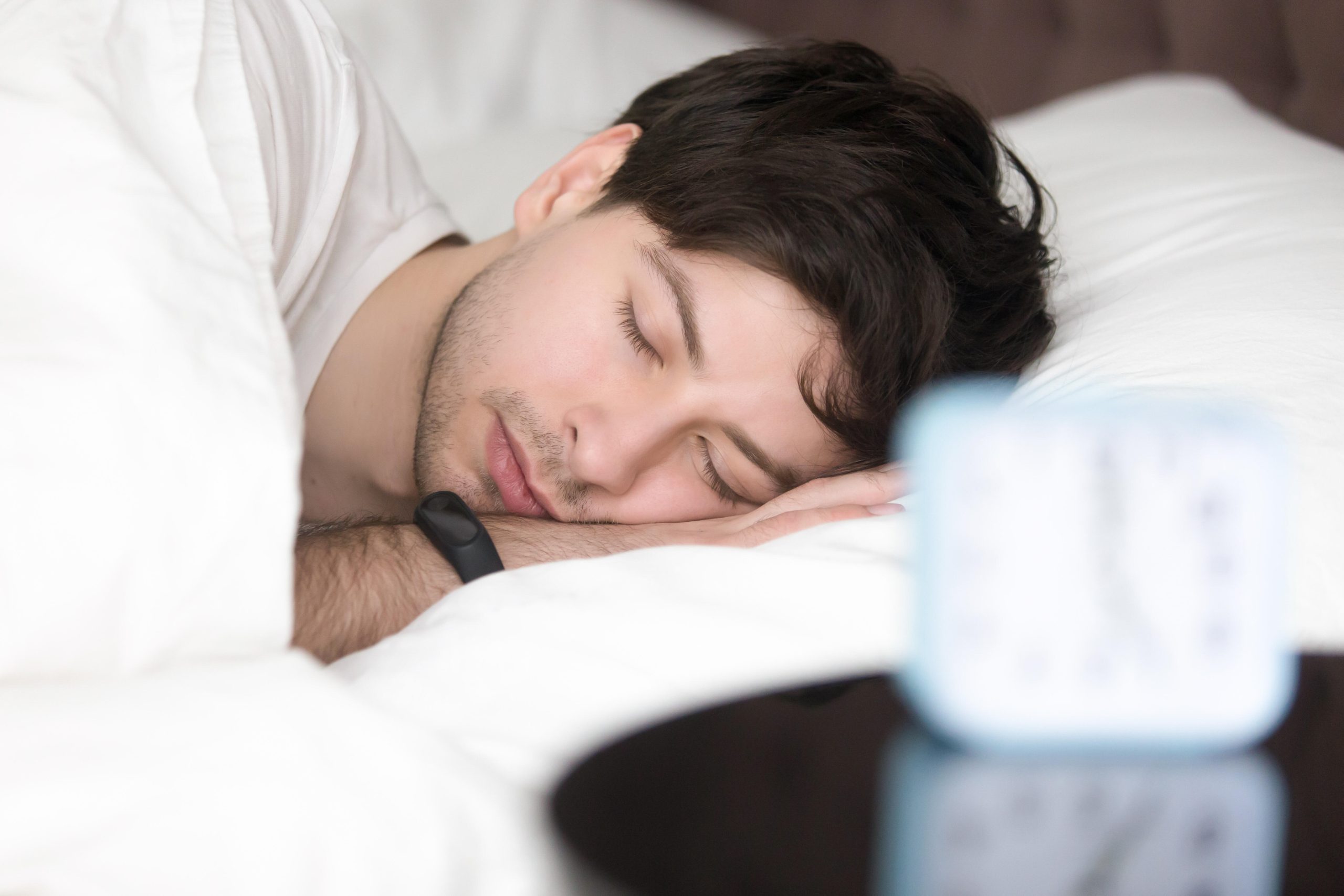






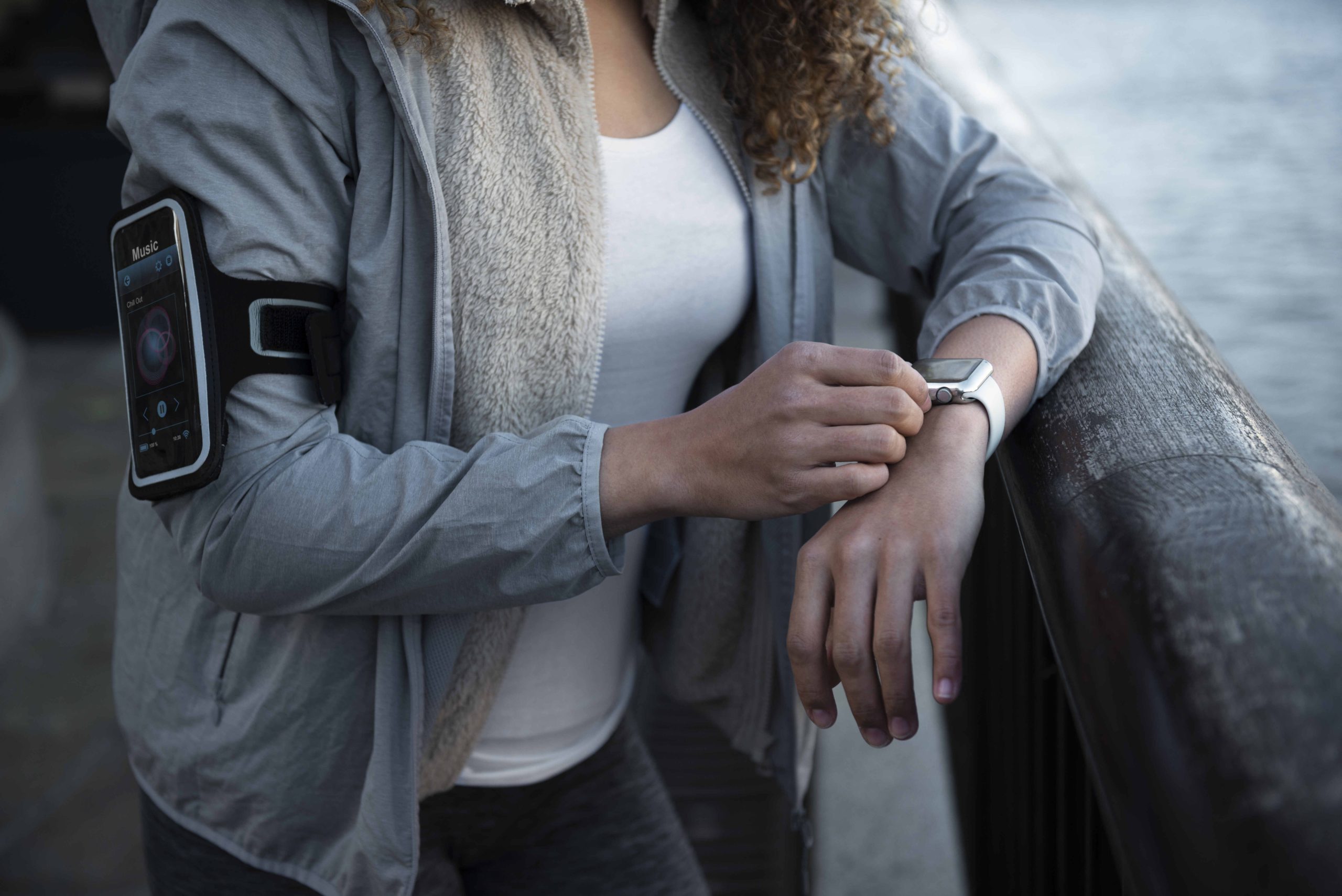
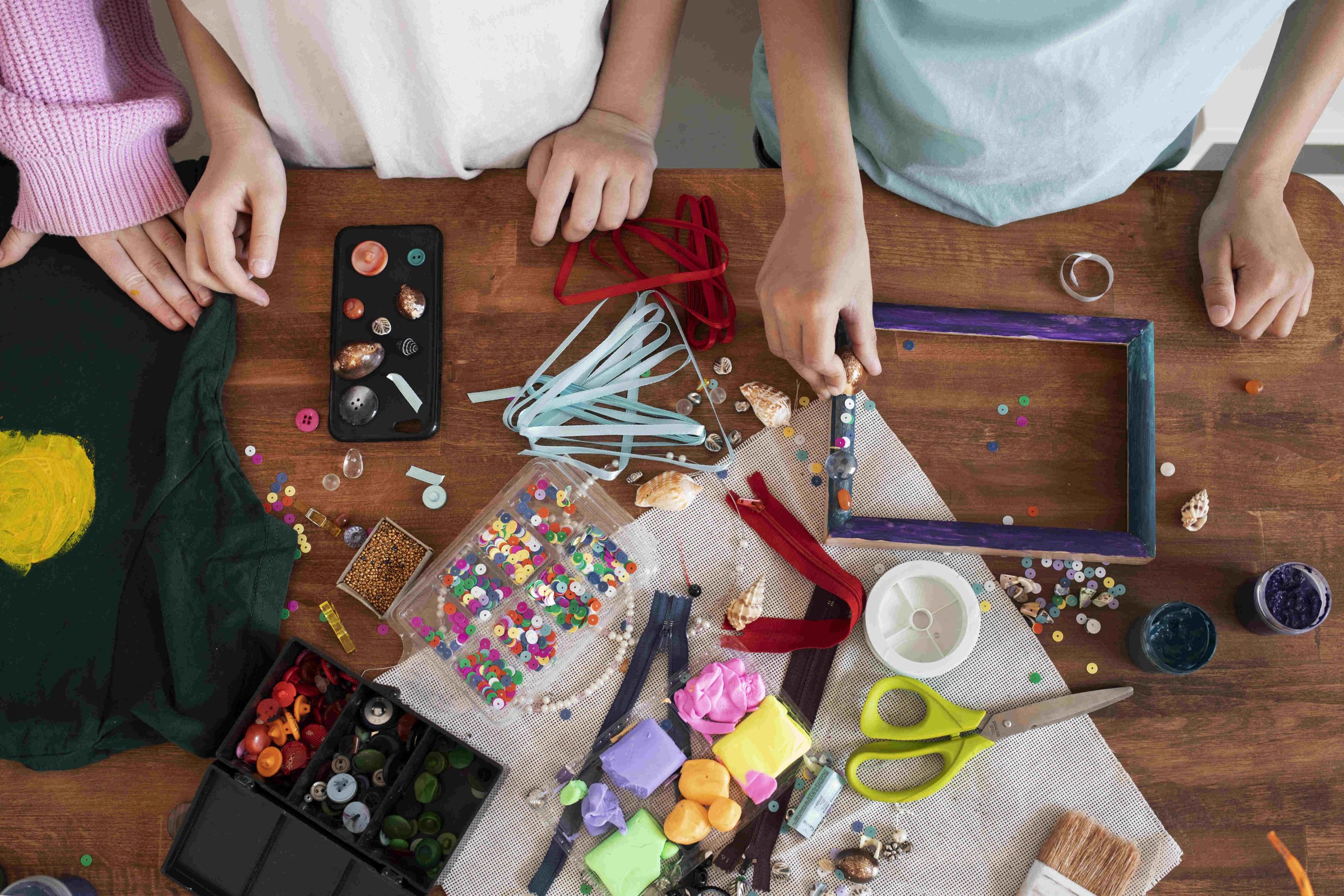
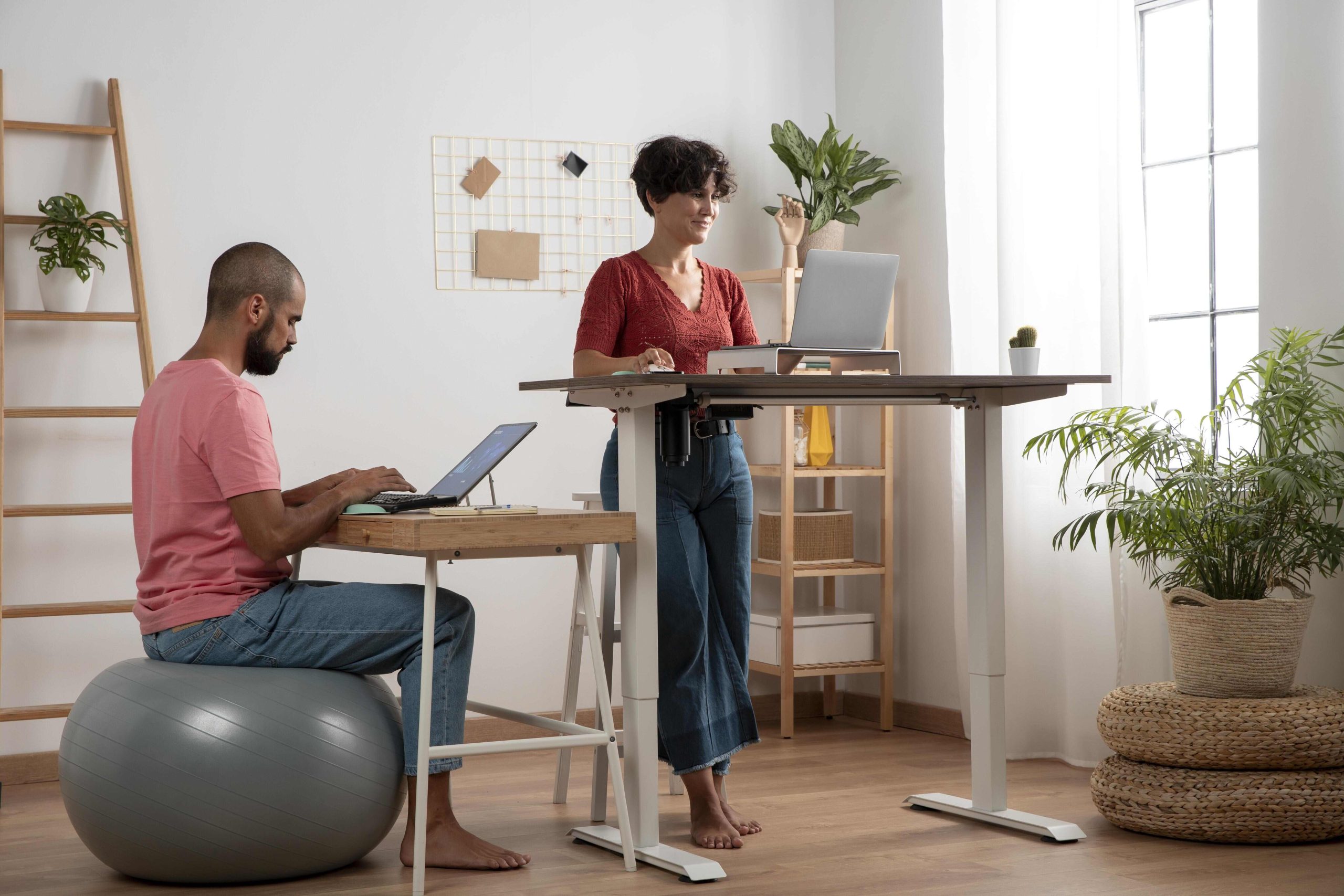

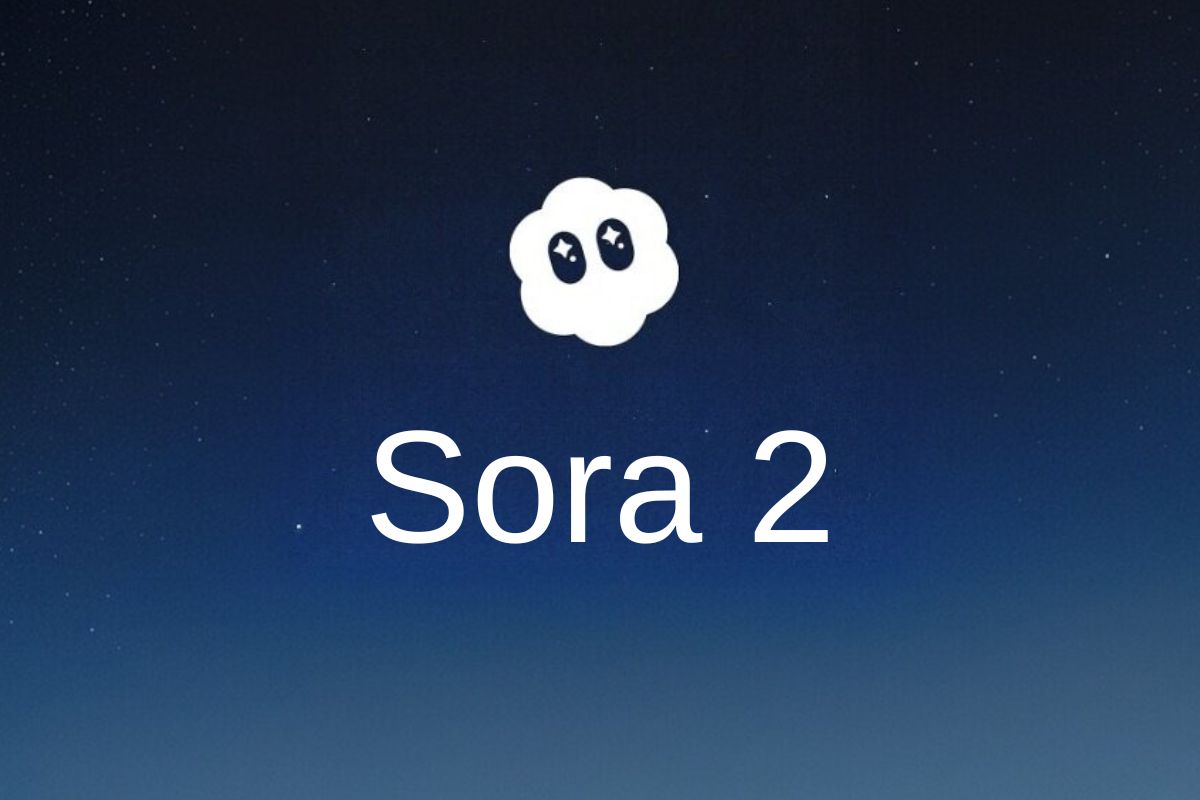


Leave a Reply